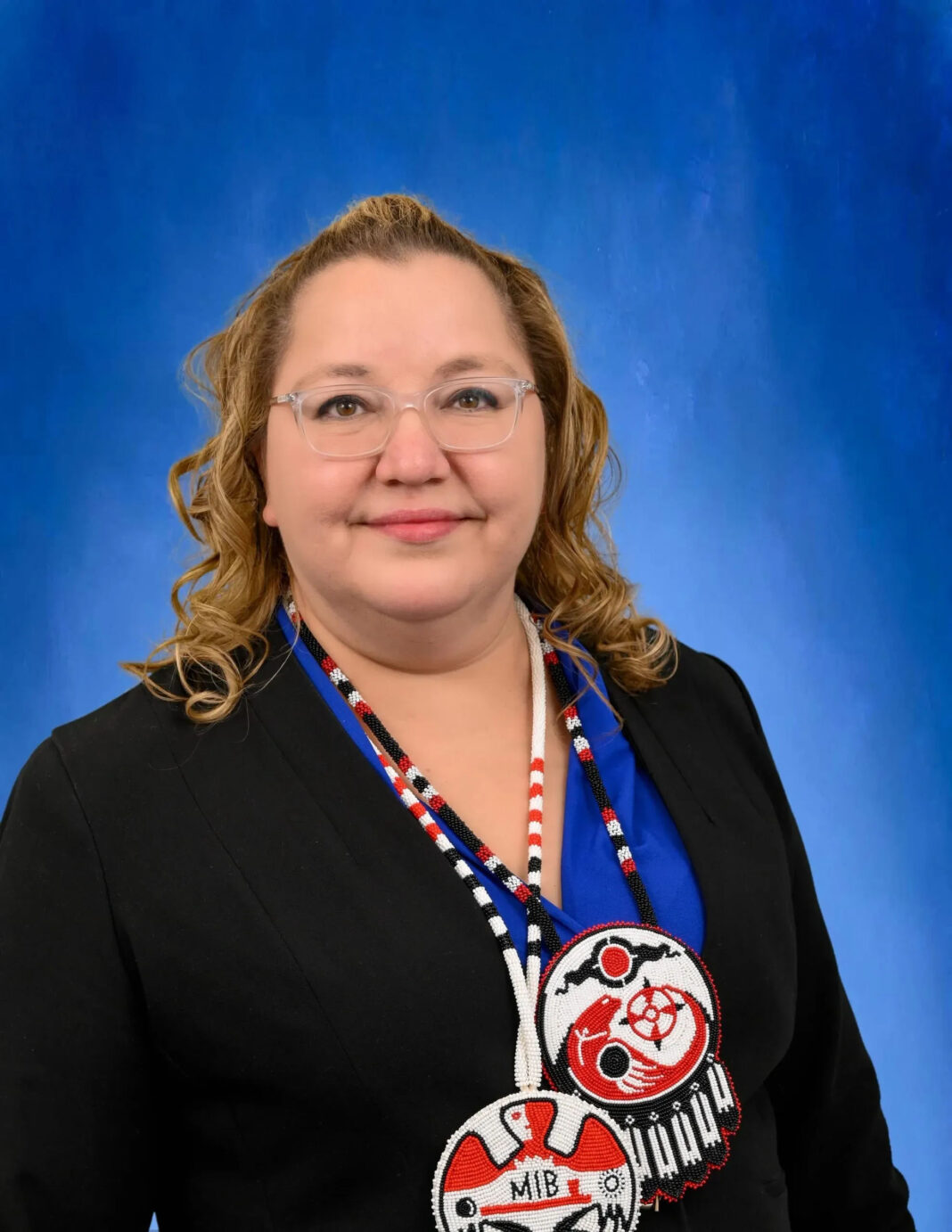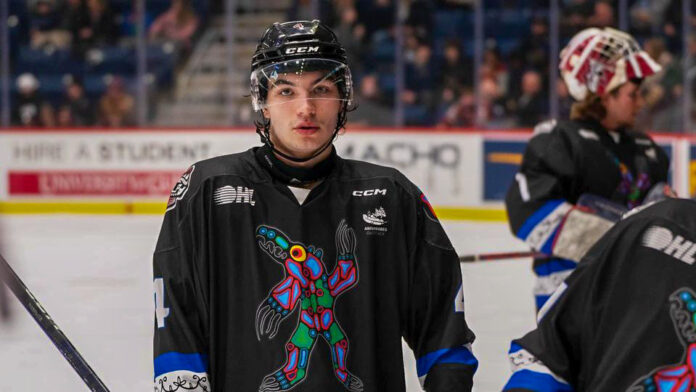OTTAWA—Newly-elected Assembly of First Nations (AFN) National Chief Cindy Woodhouse has her work cut out for her, but the second woman to ever head the national Indigenous advocacy organization is no stranger to the lists.
Until her elevation to the top job in a hotly contested six-ballot election, AFN National Chief-elect Woodhouse was most recently serving as the AFN regional chief for Manitoba and served for years under her mentor, former AFN National Chief Perry Bellegarde and his successor Shawn Atleo.
Although she led the balloting through all six votes held at a special hybrid meeting during the AFN Special Chiefs Assembly held at the Shaw Centre in Ottawa from December 5-7, the national chief-elect never reached the 60 percent threshold called for in the AFN constitution, starting at 35.1 percent to lead the other five candidates, which included eventual runner-up David Pratt (25.6), second vice-chief of the Federation of Sovereign Indigenous Nations in Saskatchewan Sheila North (13.9), Reginald Bellerose (7.4) and Craig Makinaw (1.7). Four candidates remained on the second ballot, where Ms. Woodhouse increased her tally to 41.2 percent (Dean Sayers, a lead on the $10 billion settlement in the Robinson-Huron Annuities Case settlement and the only Ontario candidate on the ballot) garnered 10 percent and dropped out, then Ms. Woodhouse’s tally rose to 47.9 percent with three candidates on the third ballot, then 51.4 percent on the fourth ballot with only her and Mr. Pratt still standing. A fifth ballot saw Ms. Woodhouse with 50.1 percent to Mr. Pratt’s 38.8 percent. A sixth contest saw minimal movement, with Ms. Woodhouse capturing 50.8 percent to Mr. Pratt’s 39.3 percent and a seventh ballot was scheduled for 11 am the next day on December 7.
A seventh ballot was postponed as Mr. Pratt made the decision to concede the contest.
As indicated by the final balloting result, the new national chief has her work cut out for her in order to bring unity of purpose to the divided organization, but Aundeck Omni Kaning Chief Patsy Corbiere (United Chiefs and Councils of Mnidoo Mnising tribal chair) said she is confident that the new national chief has the right stuff.
“I have known (Cindy Woodhouse) for 10 years,” said Chief Corbiere. She noted that the new national chief has a great deal of experience, but just as importantly “she is a good person.”
“She worked for (former AFN National Chief) Perry Bellegarde and (former AFN National Chief) Shawn Atleo), so she has really learned her stuff,” said Chief Corbiere.
Chief Corbiere attended the election as a Woodhouse supporter and said she was pleased to see her succeed.
Although Mr. Dean has done good work, she felt his campaign approach fell short. “His speech was all about treaties and treaty relationships,” she remarked. “That’s important, but there is a lot more to the job than that.”
Ms. Woodhouse was born and raised in Pinaymootang First Nation, located in the Treaty 2 territory of Manitoba. Her great-great-great grandfather, Chief Richard Woodhouse, was an original signatory of Treaty 2 on August 21, 1871. She graduated with a Bachelor of Arts degree from the University of Winnipeg and completed the Harvard Business School ‘Leading People and Investing to Build Sustainable Communities’ program.
Her main platform planks included a focus on her experience in advocating for Indigenous issues, including the historic $40 billion-plus settlement of the class action suit involving racial discrimination in the child welfare system, clean water, First Nation jurisdiction over child welfare, closing gaps in housing, internet access, emergency services and a host of other issues.
Ms. Woodhouse also focused her campaign on a call for unity and the need to work together to overcome the vestiges of colonialism that continue to stand in the way of Indigenous people in this country.





